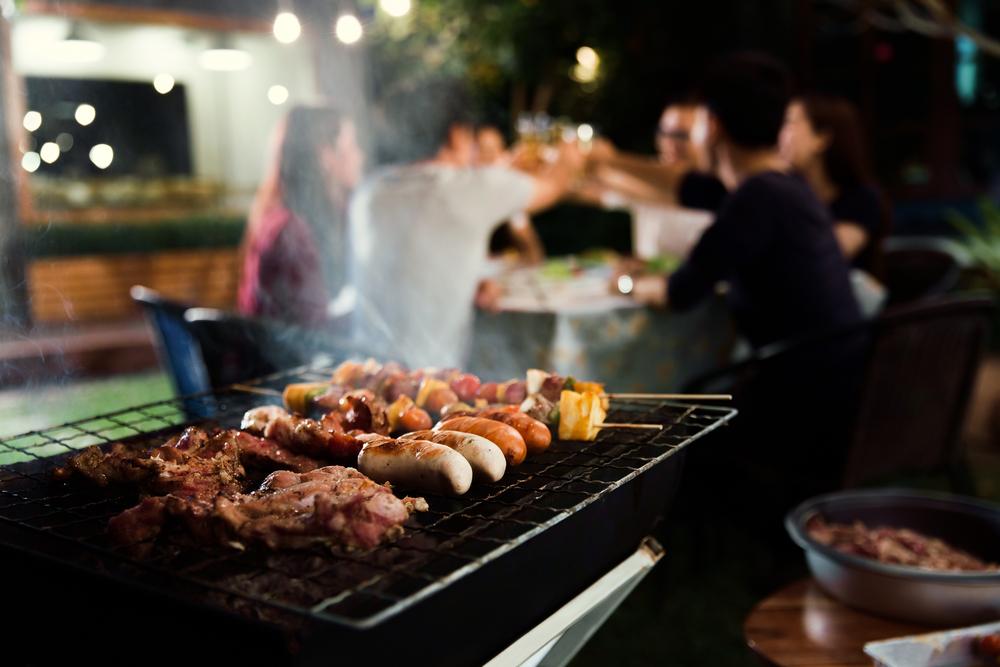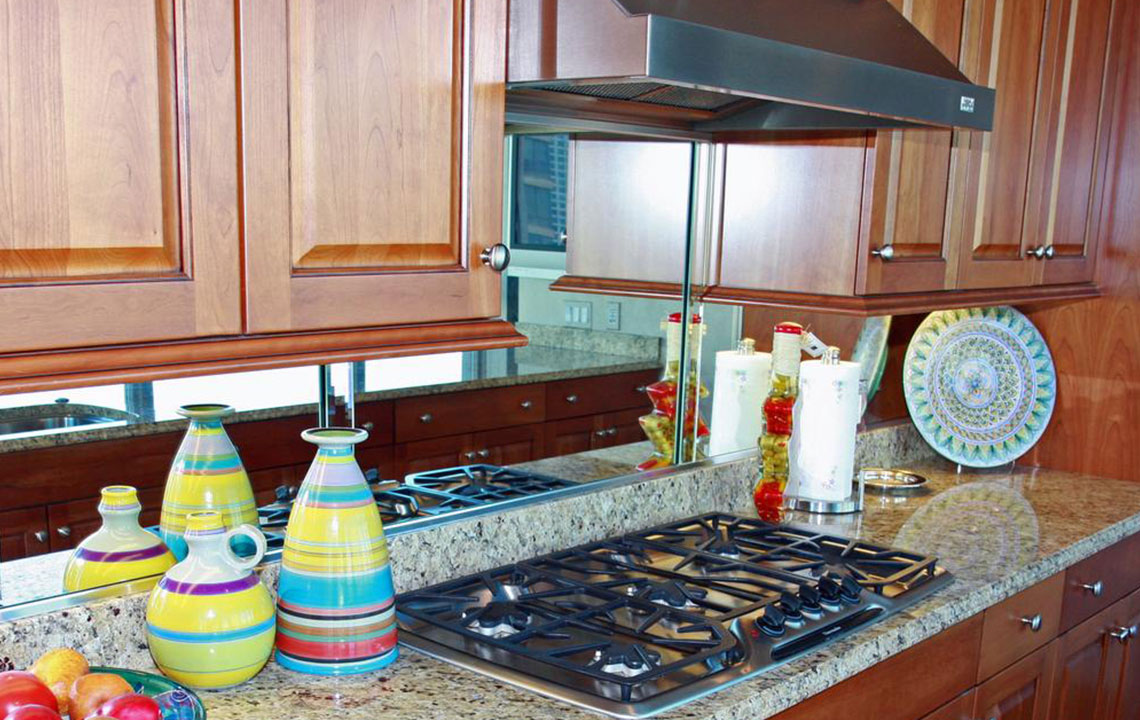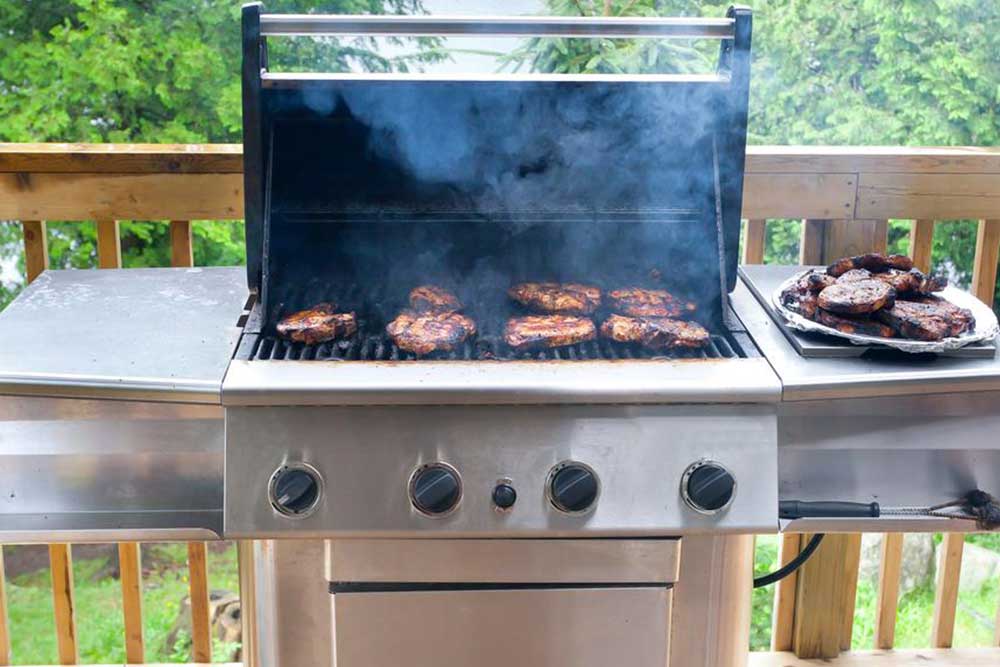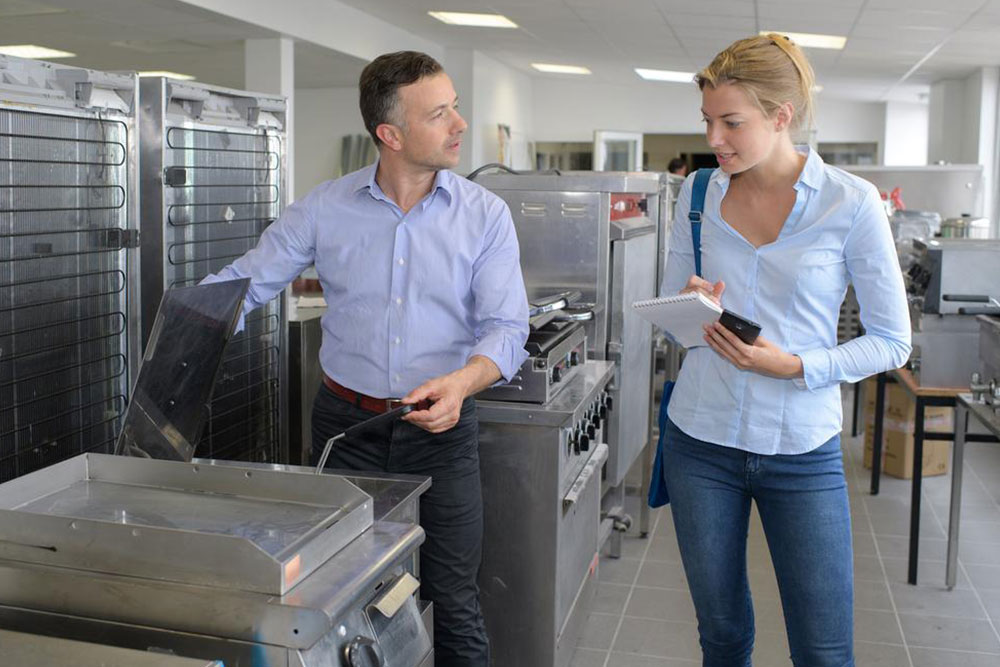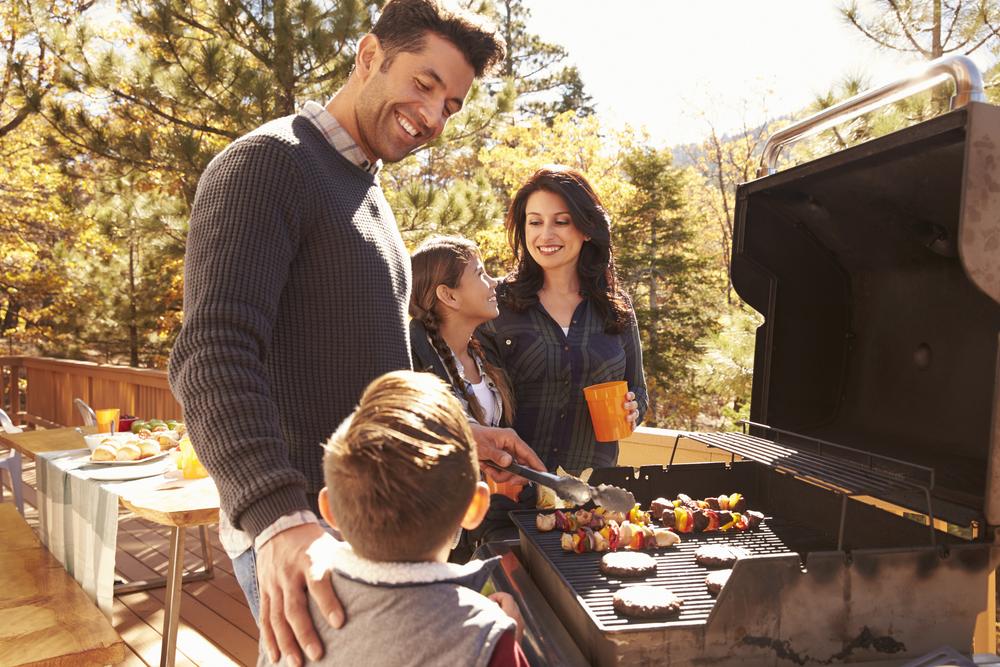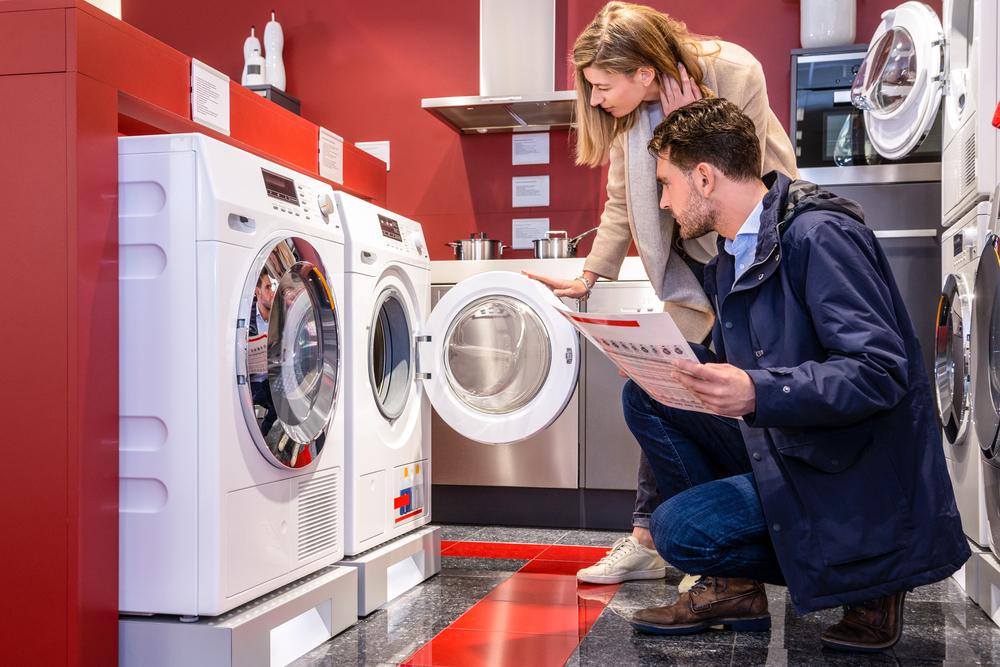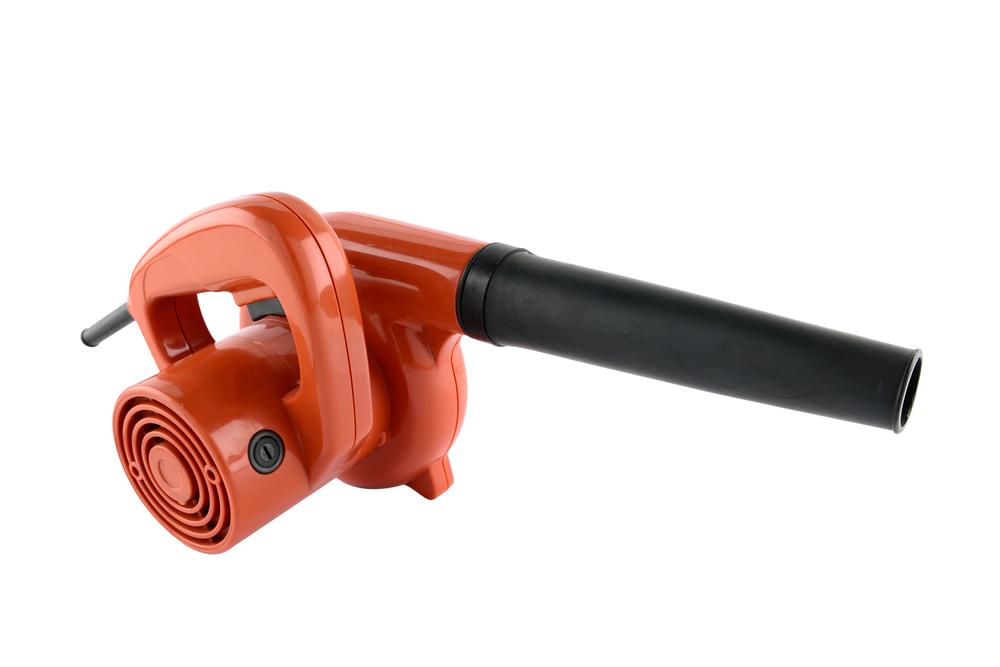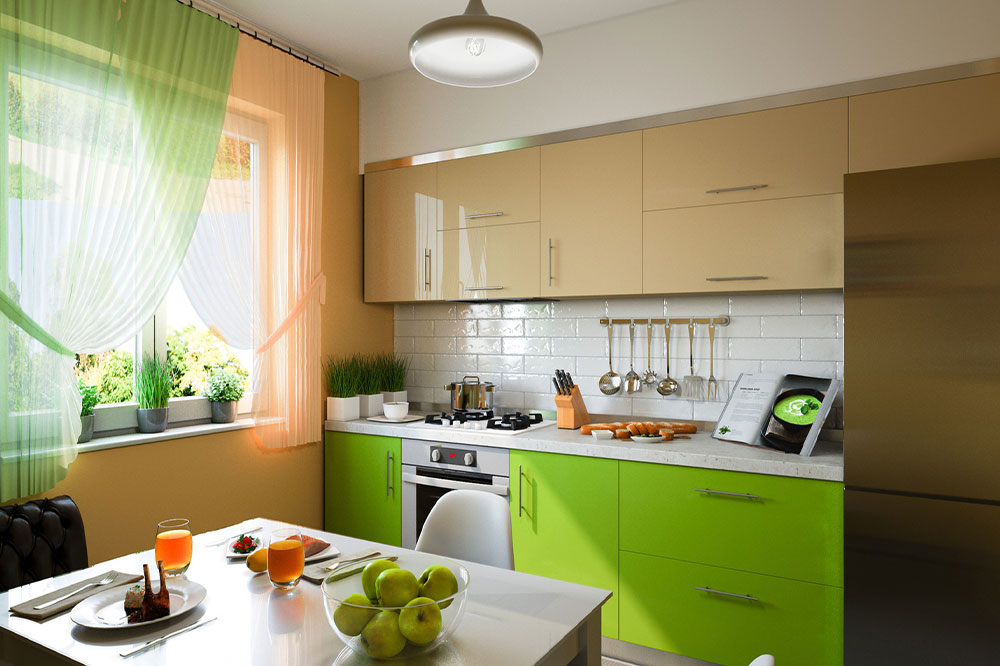Ultimate Guide to Outdoor Grilling Equipment for Your Next Feast
Discover the best outdoor grilling and cooking equipment to elevate your outdoor culinary adventures. From patio stoves to smokers, learn how to choose the right gear for your needs, whether for casual weekends or professional outdoor dining. This guide covers material options, burner types, fuel choices, and maintenance tips to help you make informed decisions and enjoy perfect outdoor meals year-round.

Ultimate Guide to Outdoor Grilling Equipment for Your Next Feast
Enjoying barbecues and outdoor cookouts on a sunny Sunday or managing a restaurant with outdoor dining options requires the right equipment. There are numerous choices available to suit different cooking styles and needs, making it essential to select the best gear for your preferences.
Outdoor Cooking Gear
Based on your culinary goals, pick from several options below:
Patio Cookers
Ideal for covered decks or patios, these stoves allow steaming, frying, or boiling large quantities. Use cast iron pots and utensils to prepare meats, fry a turkey, steam vegetables, cook stews, brew beverages, or simply heat water. Opt for higher BTU models for more power, but review specifications as higher BTUs don't always mean faster cooking. For heavier utensils, shorter square stoves provide better stability.
Consider stoves with higher BTUs for power, but focus on the specs. Stability is key; choose shorter, square models for heavy tools.
Smokers
For enthusiasts of smoked foods, investing in a large smoker allows precise control over temperature and humidity. These units often feature hooks for hanging meat or fish, enabling deep flavor infusion.
Outdoor Fryers
Think of these as larger kitchen fryers with multiple tanks and baskets. They facilitate frying multiple batches simultaneously, perfect for gatherings or restaurant use.
Choosing a Grill
Select your outdoor grill based on how frequently and in what conditions you'll use it. Portable models are suitable for occasional use in good weather, while built-in grills are ideal for year-round outdoor cooking on decks or patios.
Material Matters
Most grills are made of stainless steel, but options include aluminum, porcelain-coated steel, or cast iron. Aluminum is rust-resistant, especially suitable for coastal areas. Porcelain coatings need care; once damaged, underlying steel may rust. Look for durable, high-grade stainless steel like 304 for longevity, or 443-grade as a cost-effective yet reliable alternative.
Burner Types
The burner is the core component of any grill. Pay attention to BTUs to gauge heating capacity. Infrared burners produce higher heat levels, ideal for steaks, but less suitable for slow cooking. Burners can be cast iron, stainless steel tubes, or brass—each with benefits: cast iron retains heat, stainless steel is durable, brass offers even heat distribution and corrosion resistance.
Flame Tamers and Barriers
These components protect burners from drippings and can add smoky flavors by burning grease. Ceramic tamer absorbs grease but is harder to clean, while stainless steel tamers are durable and easy to maintain. Full-sized or sectional, they ensure even heat and protect your equipment.
Cooking Grids
Choose grids made from porcelain-coated metal, cast iron, or stainless steel. Non-stick options are available, but quality matters to avoid excessive sticking. Cast iron provides excellent heat retention and appealing grill marks, while stainless steel requires low maintenance and is long-lasting. Use thicker grids for better heat distribution.
Fuel Choices
Popular fuels include propane and natural gas, with charcoal and wood chips being alternatives. Charcoal offers higher heat and richer smoky flavors, enhancing taste but may require more effort. Gas options are convenient for quick start and consistent performance. Select based on usage frequency and flavor preferences.
With various options available, choose cooking equipment aligned with your needs. Review models and brands carefully, paying attention to warranties and accessories to ensure a satisfying outdoor cooking experience.
Note:
Our blog provides diverse and practical information on outdoor cooking gear. While our research offers valuable insights, always verify details and consider current market deals and offers. The site isn't responsible for discrepancies or inaccuracies across other sources.

